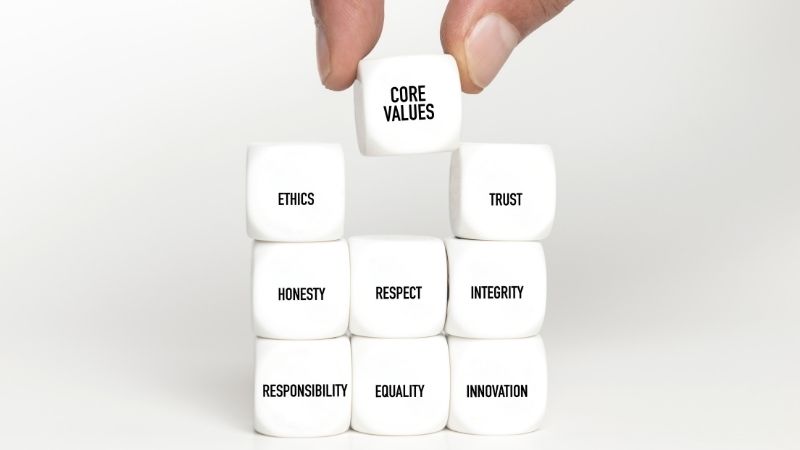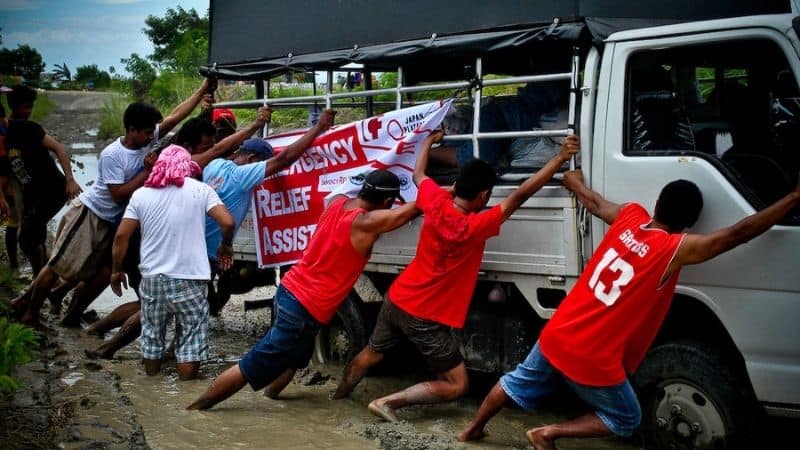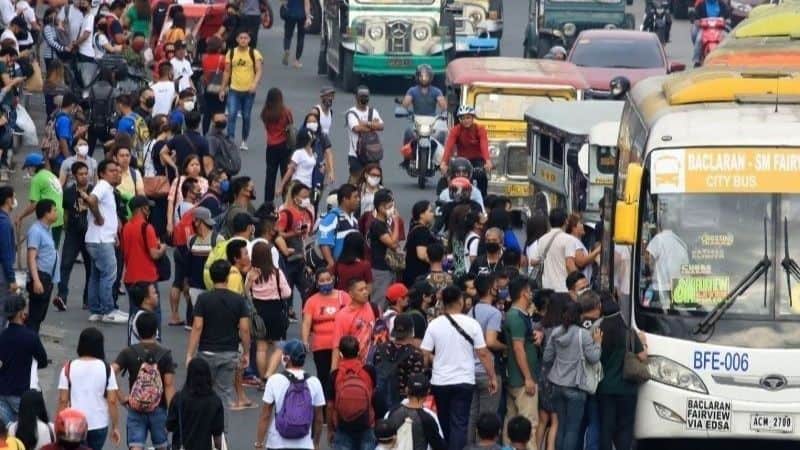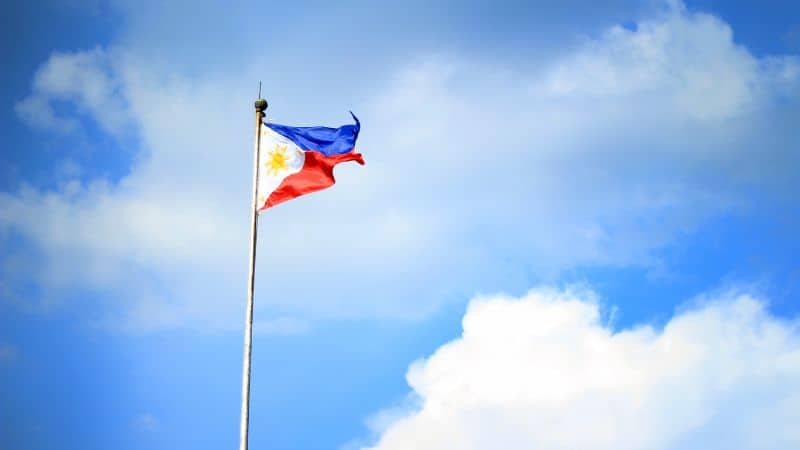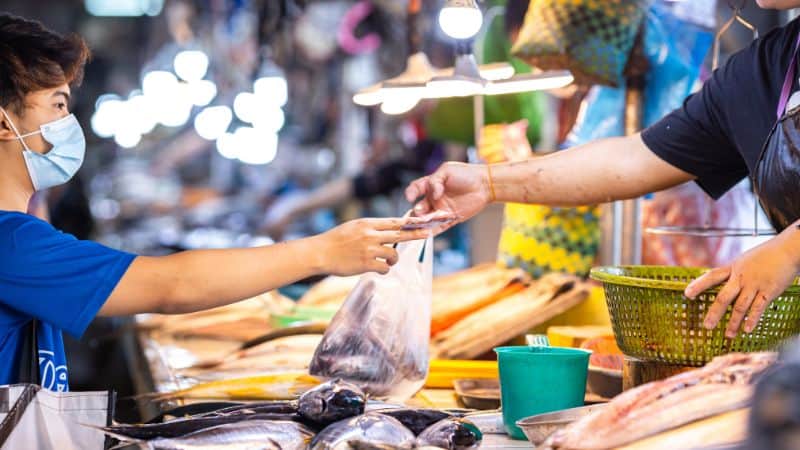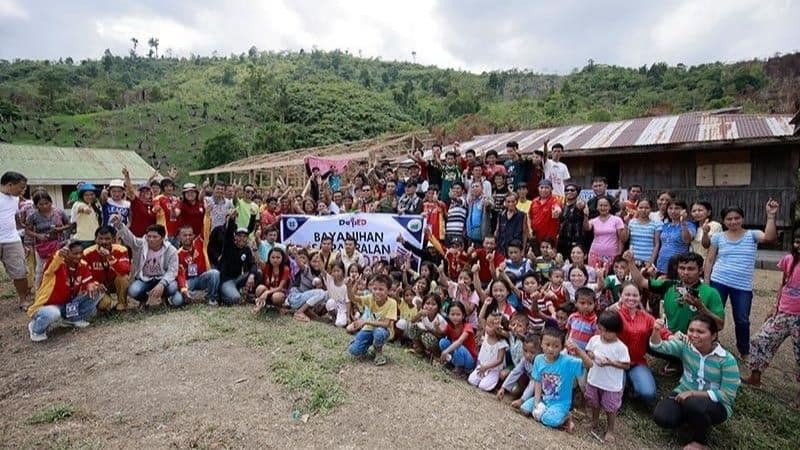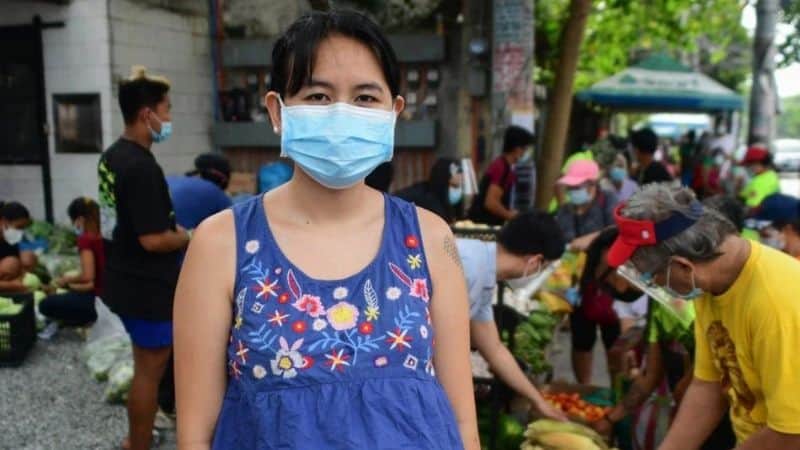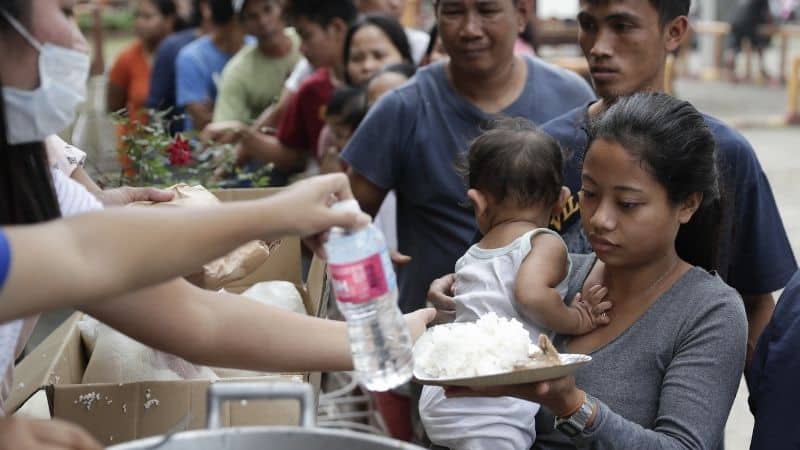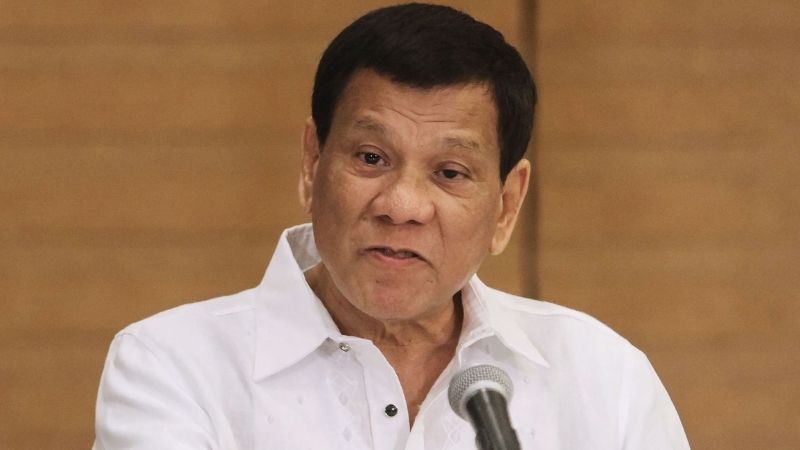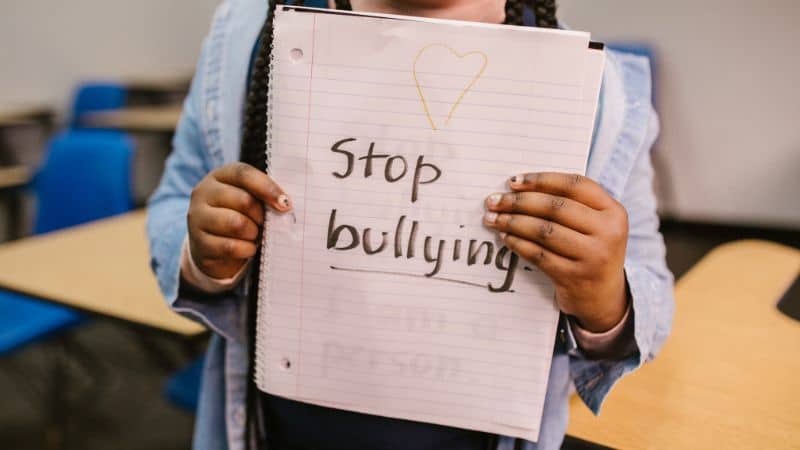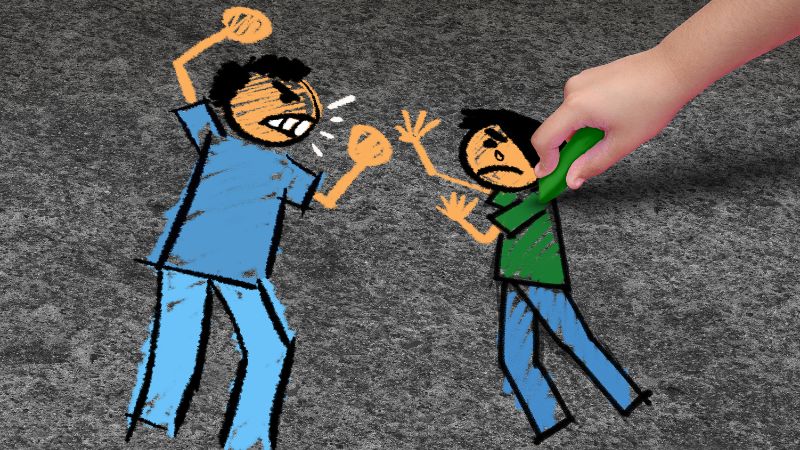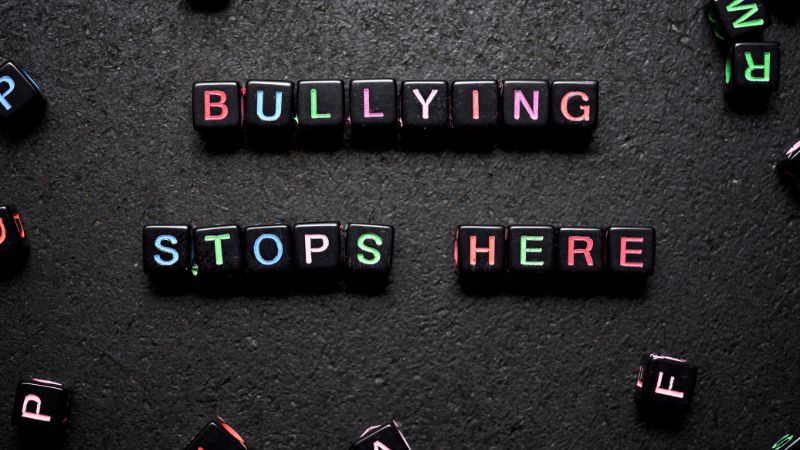Good citizenship refers to the responsible and active participation of individuals in their community. Good citizenship will help the Philippines progress. Good citizens contribute to economic wealth, peace and order, culture shaping, and political maturity.
Good citizens don’t sell their votes; they choose excellent servant leaders. They understand and protect their rights, and they realize their responsibilities.
Good citizenship is what our country needs. Good citizenship will ensure that our children will grow up in a country we desire to live in for the rest of our lives.
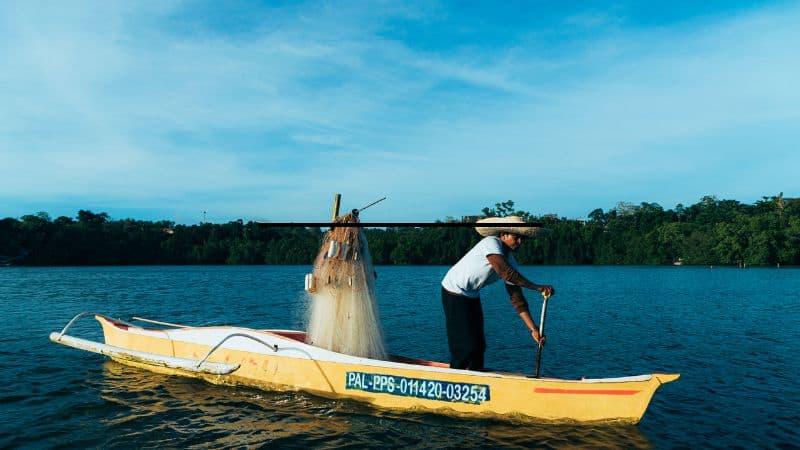
Good Citizenship
In the heart of the Philippines, amidst our sprawling islands and vibrant cities, lies the essence of what truly makes us Filipinos – our spirit of communal unity, our deeply-rooted values, and our shared dreams for a brighter future.
These elements, as integral parts of our culture, mold us into becoming mabuting mamamayan, or good citizens, a crucial role we each embody as part of our beloved nation.
As Filipinos, our concept of good citizenship is intricately woven into our unique cultural tapestry.
Bring Out the Bayani in Us
We are taught early on to respect our elders, value the sanctity of our relationships, honor our commitments, and most importantly, serve our community with a sense of bayanihan. The term ‘bayanihan’, derived from the word ‘bayan’, meaning town, nation, or community, is a beautiful Filipino tradition that encapsulates the spirit of communal unity and cooperation.
In this guide, we will explore the many facets of good citizenship from the Filipino perspective. We will delve into our rich cultural heritage, time-honored values, and the dreams we collectively envision for our nation.
Furthermore, we will explore how these unique cultural characteristics can guide us in fostering a sense of responsibility and active participation as citizens.
Being mabuting mamamayan is not just about knowing our rights, but also understanding our responsibilities – not just to ourselves and our families, but to our wider communities and our nation as a whole.
It’s about using our individual skills and passions to contribute to the common good, showing empathy and understanding to our fellow citizens, and standing up for what is right and just.
Contribute To Greater Good
Indeed, good citizenship goes beyond personal gain. It’s about contributing to a society where respect, fairness, and love for one another prevail. It’s about embodying the true spirit of bayanihan, working hand-in-hand to build a stronger, more resilient nation for future generations.
As we embark on this journey of understanding and embracing good citizenship, may we be reminded of our shared responsibility as Filipinos. Let’s explore how we can become better citizens, not just for ourselves, but for our beloved Philippines.
Together, we can shape a future where every Filipino is living out the true essence of bayanihan, and working towards a prosperous, united nation.

Rights: The Pillars of Freedom
Rights are the privileges and freedoms granted to us simply because we are humans, and in our context, because we are Filipinos.
These are protections afforded to us by our Constitution, ensuring our freedom and dignity. We have many rights protected by our laws.
Among these rights are the following:
Right to Life, Liberty, and Property (Article III, Section 1)
Every Filipino has the fundamental right to live, to be free, and to own property. The government cannot deny you these rights without due process of law.
For example, you are free to choose your career path, decide where to live, or purchase and own a house.
The government cannot arbitrarily take away your life, restrict your freedom, or seize your property without a valid reason and a fair legal process.
Right to Equal Protection (Article III, Section 1)
All Filipinos, regardless of their status, gender, religion, or ethnicity, should be treated equally under the law.
For example, if a law is passed providing educational benefits, it should apply to all students, not just a particular group. No one should be discriminated against or given special treatment over others.
Right to Freedom of Speech, Expression, and the Press (Article III, Section 4)
Every Filipino can express their thoughts, ideas, and feelings openly, and share information freely.
You can voice out your opinion on social issues through social media, write an article about local politics for a newspaper, or peacefully protest against a policy you think is unjust.
However, this freedom has limits; for example, one cannot use it to spread false information or cause harm to others.
Right to Vote (Article V, Sections 1 and 2)
Every Filipino citizen who is at least 18 years old has the right to vote. This means you have a say in choosing our leaders and deciding on certain laws or issues through a vote.
For example, during election periods, you can go to your local voting precinct and cast your vote for the candidate who you believe can best lead our nation or your local community.
Understanding these rights is the first step toward becoming a responsible citizen.
These rights are not just privileges, but also reminders that every Filipino is valued and has an essential role in shaping our society and nation.
Responsibilities: The Fabric of Society
While we enjoy our rights, we also carry the weight of responsibilities – duties that we must fulfill for the betterment of our society and nation.
Obey the Law
As citizens, it’s our duty to follow laws and regulations set by our government. These laws are designed to maintain peace and order, protect our rights, and ensure a harmonious living environment.
For example, traffic rules like stopping at red lights or not driving under the influence are laws meant to keep everyone safe on the roads.
Pay Taxes
Taxes are contributions that we make to the government from our earnings, which are used to fund public services like healthcare, education, and infrastructure.
For example, if you’re employed, a certain amount is deducted from your salary as tax. If you own a business, you’re required to pay business tax. These taxes help build roads, schools, hospitals, and other public facilities that benefit everyone.
Respect Others
Respecting others’ rights, beliefs, and opinions is essential in a diverse society like ours. This involves understanding and accepting that people have different perspectives and ways of life.
For instance, if a friend practices a different religion, we should respect their beliefs and rituals, even if they are different from ours.
Vote Responsibly: Voting is not just a right but also a responsibility. We should make informed choices when electing our leaders, which involves learning about the candidates and their platforms.
For example, before voting in the elections, take time to read about the candidates, their qualifications, and their plans for the country or your locality.
Serve the Community
In the Filipino spirit of bayanihan, we are encouraged to participate in community activities and help others. This could be as simple as joining a clean-up drive in your barangay, offering help to a neighbor who is moving house, or volunteering at a local food bank.
Serving the community enhances social solidarity and contributes to the overall development of our society.
By understanding and fulfilling these responsibilities, we contribute to the welfare of our community and nation.
Each one of us plays a part in creating a harmonious, progressive, and equitable society.
30 Filipino Values: Cultural Beliefs that Shape Our Behaviors
Bayanihan: The Culture That Turns Ordinary Filipinos Into Heroes
Filipino Time: The Habit of Being On Time
Bahala na: When Filipinos Do the Unreasonable to Succeed
Pagpapahalaga: How Personal Values Shape Our Lives
Pakikipagkapwa-tao: Authentic Interpersonal Relationships
Little-Known Power of Ningas Kugon to Create Breakthroughs
Daig ng Maagap ang Masipag: Be A Proactive Hard Worker
Bayanihan Spirit: Team Building in the Philippines
Reshaping Filipino Culture
Unstoppable Force for Good: Cultural Significance of Bayanihan
Show Me Heroes: Examples of Bayanihan Today
Celebrate Everyday Heroes
The Role of Good Citizens: The Filipino Perspective
Every Filipino plays a unique and vital role in society. This role, while complex, can be encapsulated by two primary functions: contribution and participation.
The role of a good citizen, however, extends even further to embody responsibility, respect, and the spirit of ‘bayanihan’ — the quintessential Filipino value of communal unity and cooperation.
Contributing to the Nation’s Prosperity
Good citizens are the builders of our society. They contribute to the nation’s prosperity in a myriad of ways, from the economic to the socio-cultural aspects.
They work hard in their respective fields, adding value to the economy and fostering innovation.
They pay taxes, which fund public services and infrastructure, thereby contributing to the nation’s development.
A teacher not only educates the youth but also instills values and prepares them to become responsible future citizens.
Entrepreneurs create jobs and contribute to the economy, while artists and writers enrich our culture and promote national identity.
Participating Actively in the Community
Active participation is another hallmark of a good citizen. This means being aware of what’s happening in the community and the country, voicing opinions on issues that matter, voting responsibly, and participating in community activities.
This is why we should condemn any form of red-tagging. It discourages people from being fully active in promoting good governance.
Filipinos are known to come together and help one another, especially in times of need. Whether it’s responding to natural disasters or helping a neighbor in need, this collective effort underscores the strong sense of community intrinsic to Filipino culture.
Respecting Laws and Promoting Social Harmony
Good citizens respect laws and regulations, promoting peace and order in society. They respect the rights and cultures of others, fostering a society that is harmonious and inclusive.
By treating each other with kindness and empathy, good citizens enhance social cohesion and unity.
Maka-kalikasan
A good citizen is also a steward of the environment, understanding the importance of sustainable living and respecting nature.
This could involve simple actions like recycling, conserving water and energy, and participating in tree-planting activities.
The role of good citizens is multifaceted.
It’s about giving and taking, contributing and participating, respecting and protecting.
Every Filipino, as a mabuting mamamayan, plays an integral role in shaping the society we live in, building a stronger, more prosperous Philippines for the generations to come.
Impact of Good Citizenship: A Ripple of Positive Change
Good citizenship is more than an individual endeavor; it’s a collective force that can spark substantial change within communities.
In the context of Filipino society, the impact of good citizenship can be profound.
Fostering Unity and Cooperation
When Filipinos act responsibly and participate actively in community affairs, it fosters a sense of unity and cooperation.
The Filipino concept of ‘bayanihan’ reflects this beautifully. When everyone chips in to help a neighbor or support a community project, it not only achieves the task at hand but also strengthens social bonds.
This collaborative spirit, where everyone is working towards a common goal, encourages mutual respect and understanding, fostering a more harmonious community.
Promoting Social Welfare
Good citizens contribute to the betterment of their community. They volunteer, provide support to those in need, and work to improve community facilities and services.
For instance, organizing free health camps, donating to local schools, or helping clean public spaces all contribute to improving overall social welfare.
Upholding Peace and Order
By respecting laws and the rights of others, good citizens uphold peace and order. They set positive examples, promoting ethical conduct and fostering a safe and peaceful community environment.
This mutual respect for laws and individual rights creates a sense of security and trust among community members.
Empowering Active Participation
Good citizens encourage others to participate in community affairs. They inspire others to vote, express their opinions, and get involved in local projects.
This active participation empowers community members, leading to more democratic decision-making and more vibrant community life.
Boosting Community Development
Good citizens are vital for community development. Through their taxes, labor, and entrepreneurial activities, they contribute to economic growth.
Moreover, by advocating for local issues, they can influence policies and initiatives that boost development.
Good citizenship is a catalyst for positive change. Each act of good citizenship, no matter how small, creates a ripple effect that can lead to significant improvements in the quality of life within communities.
As we strive to be mabuting mamamayan, we contribute to building a brighter future for our communities and our nation.
How can I be a good citizen?
Being a good citizen, especially in the Philippines, is about embodying the spirit of a bayani—a hero who deeply loves their country. This love is expressed through actions that benefit both the community and the nation. Here’s how you can live like a bayani and demonstrate good citizenship in the Philippines:
- Participate in Local Community Activities: Engage in events and initiatives that strengthen your local community. It’s about coming together, contributing, and fostering a sense of belonging.
- Respect and Preserve Cultural Heritage: Honor the rich Filipino heritage by understanding, respecting, and preserving its traditions and history. It’s about connecting with your roots and celebrating the diversity of Filipino culture.
- Protect the Environment: Take actions to conserve the natural beauty of the Philippines. Whether it’s through recycling, clean-up drives, or advocating for sustainable practices, it’s about safeguarding the environment for future generations.
- Support Local Businesses: Choose Filipino-made products and services. This not only boosts the local economy but also shows pride in Filipino craftsmanship and innovation.
- Stay Informed and Vote: Exercise your right to vote and stay informed about national issues. Responsible voting is not just a right; it’s a duty that shapes the future of the country.
- Volunteer for Social Causes: Dedicate time to causes that address social issues, whether it’s helping the underprivileged, supporting educational initiatives, or aiding in disaster relief efforts.
- Promote Filipino Tourism: Encourage others to explore the beauty of the Philippines. By showcasing its wonders, you’re also supporting the tourism industry and local communities.
- Advocate for Good Governance: Demand transparency and accountability from leaders. Good citizenship involves being an active participant in the political process, ensuring leaders serve the people’s interests.
- Practice Responsible Social Media Use: Use social media to spread positive messages about the Philippines, and avoid spreading misinformation. It’s about using your digital influence responsibly.
- Respect for Others: Show respect and kindness to everyone, regardless of their background. It’s about building a compassionate society where everyone feels valued.
- Educate Yourself and Others: Continuously learn about Filipino history, current affairs, and societal issues. Sharing knowledge is crucial in fostering a well-informed and proactive community.
- Celebrate Filipino Achievements: Take pride in and celebrate the successes of fellow Filipinos, whether in sports, arts, science, or any field. It’s about uplifting each other and fostering national pride.
In essence, being a good Filipino citizen means actively contributing to the well-being and prosperity of the nation, while embodying the values of a bayani—love, respect, and pride for the Philippines.



